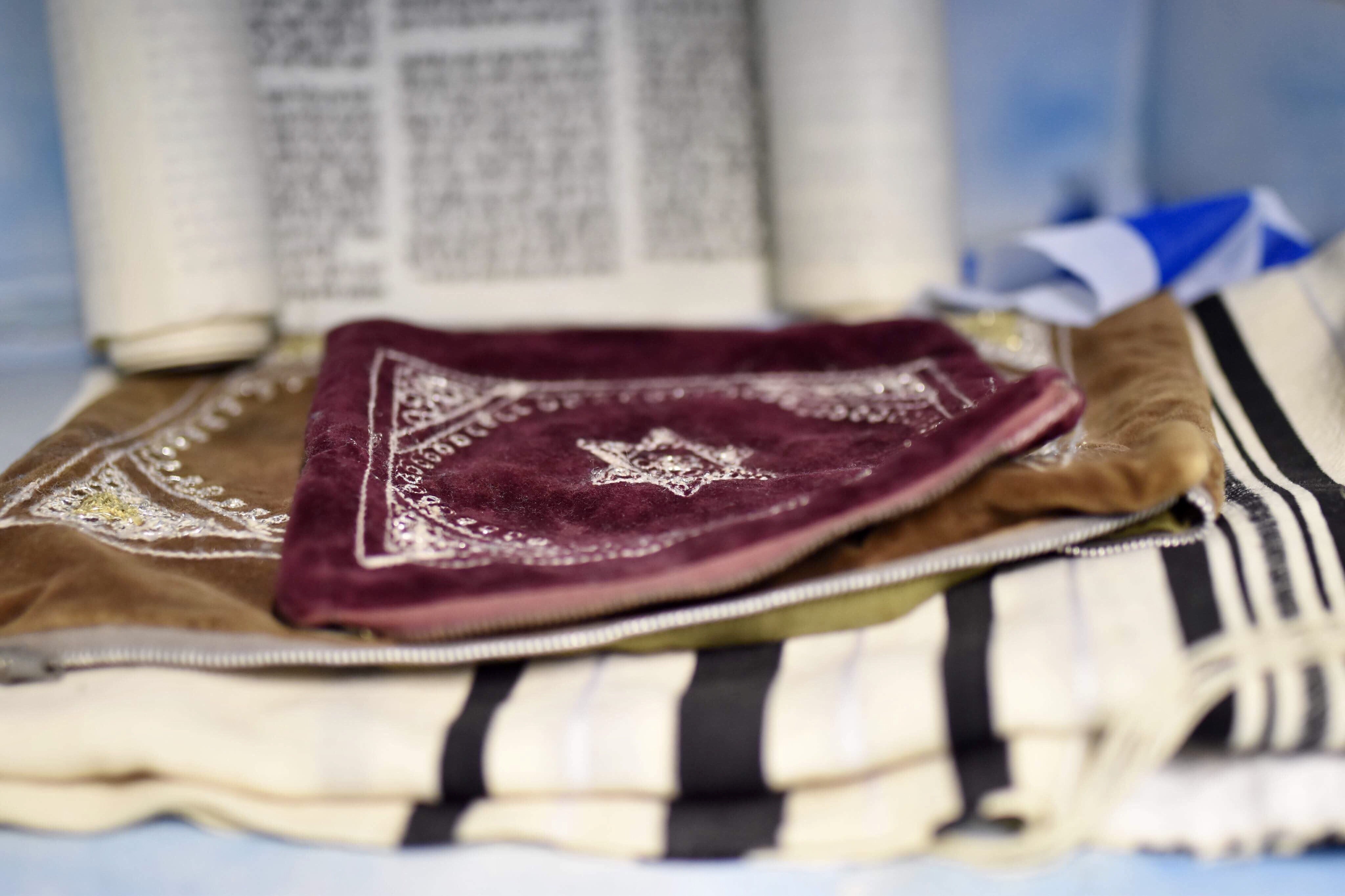Messianic Christianity
Messianic Christianity represents a significant and growing movement within both the Jewish and Gentile communities, characterized by a unique fusion of Christian and Jewish beliefs and practices. This movement is marked by a harmonious blending of traditions, where Jewish and Gentile worshippers maintain their distinct identities while coming together in a unified congregation. This fusion reflects a deeper understanding and appreciation of the roots of the Christian faith, as well as a respect for the rich heritage of Jewish worship and customs.
 At the core of Messianic Christianity is the belief in Jesus as the Messiah, a belief that shapes its theological and eschatological perspectives. Messianic Jews, along with their Gentile counterparts in the movement, hold specific beliefs concerning pivotal events in Christian eschatology, such as the End of Days, the Second Coming of Jesus as the conquering Messiah, the re-gathering of Israel, the rebuilding of a Third Temple in Jerusalem, and the resurrection of the dead. These beliefs are deeply intertwined with traditional Jewish thought and prophecy, providing a unique lens through which both the Old and New Testaments are interpreted.
At the core of Messianic Christianity is the belief in Jesus as the Messiah, a belief that shapes its theological and eschatological perspectives. Messianic Jews, along with their Gentile counterparts in the movement, hold specific beliefs concerning pivotal events in Christian eschatology, such as the End of Days, the Second Coming of Jesus as the conquering Messiah, the re-gathering of Israel, the rebuilding of a Third Temple in Jerusalem, and the resurrection of the dead. These beliefs are deeply intertwined with traditional Jewish thought and prophecy, providing a unique lens through which both the Old and New Testaments are interpreted.
A key aspect of Messianic Christianity is the interpretation of Jewish holidays and the Torah in the context of Jesus as the Messiah. Many adherents believe that the Jewish festivals, as outlined in the Torah, are prophetic in nature and point towards the Messiah. This perspective holds that festivals such as Pesach (Passover) and Shavuot (Feast of Weeks) were fulfilled in the first coming of Jesus, while Rosh Hashanah (Jewish New Year), Yom Kippur (Day of Atonement), and Sukkot (Feast of Tabernacles) will find their fulfillment in his second coming. This interpretation offers a rich, prophetic dimension to these festivals, deepening the spiritual significance and understanding for believers.
The observance of the Sabbath and Biblical holidays is another distinctive feature of Messianic Christianity. While traditional Christianity typically does not observe these holidays in the way Judaism does, within Messianic Christianity, there is a strong emphasis on the importance of these observances. This perspective respects the individual's calling to adhere to Sabbath observance and the celebration of Biblical holidays. It is believed that these practices not only honor the historical and cultural roots of the faith but also provide a deeper, more meaningful engagement with the scriptural narrative.
As a proponent of this movement, I believe it is crucial for Christians who feel called to observe the Sabbath and Biblical holidays to have the freedom to do so. This freedom allows for a more authentic and personal expression of faith, one that respects and honors the rich heritage from which Christianity emerged. It encourages believers to explore and embrace the Jewish roots of their faith, enriching their spiritual journey and deepening their understanding of the scriptures.
In summary, Messianic Christianity is a dynamic and evolving expression of faith that bridges Jewish and Christian traditions, offering a unique and enriching perspective on the Christian faith. It emphasizes the fulfillment of Jewish prophecy through Jesus, the importance of understanding the Jewish roots of Christianity, and the freedom for individual believers to embrace these roots in their personal spiritual practices.







